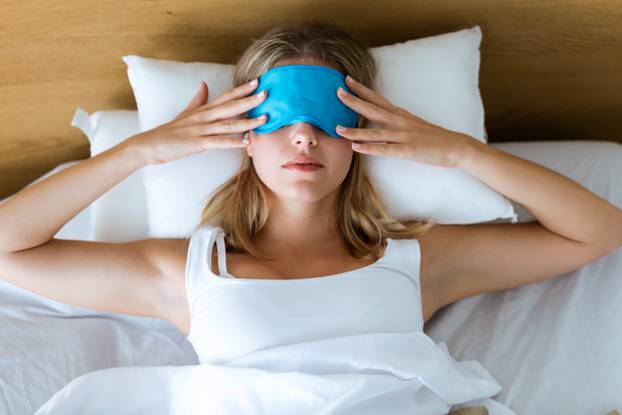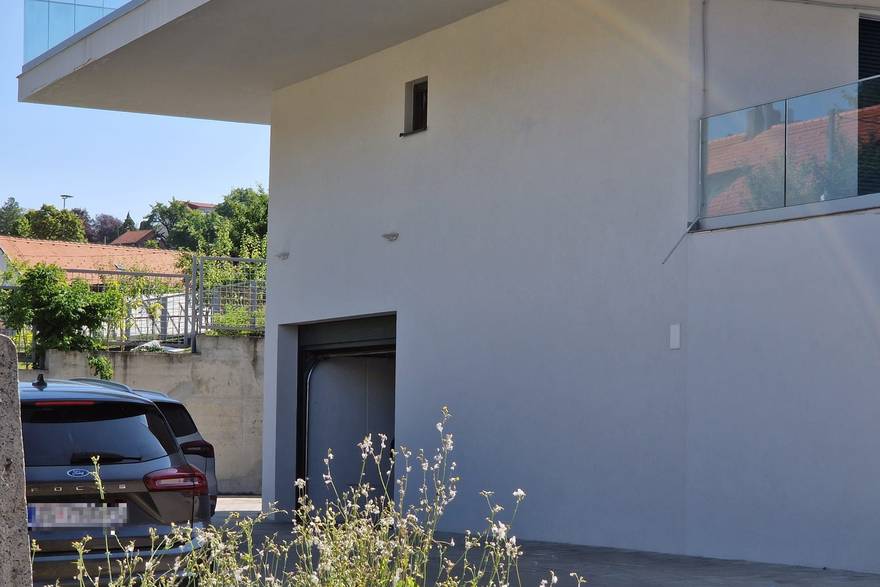If you need more than 20 minutes in the evening to fall asleep try one of these 5 tricks

You know the feeling when you go to bed, you are tired, but the dream does not arrive? Minutes for a minute, the root thinks, the body turns, and the mind refuses to calm down. Whether it happens to you occasionally or almost every night, insomnia can seriously affect mood, concentration and general health.
But the good news is that there are small but powerful steps that can make a big difference. Sleeping experts, neuroscientists and doctors agree in one: sleeping is not a coincidence – it is the result of habits we develop throughout the day and evening.
Watch the video:
01:36
Zagreb: Presentation of Research Results « The Quality of Sleeping Citizens Sleeping Habits »
How normal is it going to last?
According to neuroscientist Dr. Kristen Willeumier, most people fall asleep in the range of 5 to 20 minutes. If you are in that interval – great! This means that your body is ready to rest and you are on your way to quality sleep.
According to the National Sleep Foundation, the good quality of sleep includes:
- sleeping within 30 minutes,
- A continuous sleep during the night (with any short awakening),
- and re -sleep within 20 minutes if you wake up in the middle of the night.
If these 20 to 30 minutes are becoming more difficult for you, here’s what experts advise.
How to fall asleep faster – check the best tips for a rested morning.
1. Give yourself time to relax
One of the key steps according to a better dream is the preparation. Dedicate an hour before bedtime to calm – without a screen, without strong light, without stress. Instead of cell phones, reach for a book, a light meditation or a warm bath.
Ideal temperature to sleep? About 18 ° C. The cooler room helps the body easier to enter the deep sleep phase.
2. Try the dietary supplements to sleep
If you do everything « by the rules », and it is a hard time to sink into sleep, it may be time for natural accessories. For example, a combination of magnesium bisglycinates, jujuba (the fruit of Chinese dates) and some natural compound that soothes the nervous system can help the body and mind relax and fall asleep faster.
As Willeumier says: « The most common reason for insomnia is a mind that doesn’t stop thinking. That’s why I love magnesium, as it calms mental activity. »
The beneficiaries of the supplements point out, « I have had problems with my sleep for years. Most of the preparations just made me sleepy in the morning. This is the first to relax me, but not numb – I finally sleep almost all night. »
3. Write off tomorrow’s obligations
You’re not a diary guy? It doesn’t matter. Just a few minutes where you write down what awaits you tomorrow – proven to help faster sleep.
A 2018 study showed that the participants who wrote a list of tasks for the next day fell asleep much faster than those who were not. And even more interesting: the more detail they list their obligations, the faster they were sinking.
4. Watch out what you eat and drink in the evening
A mild intermediate meal rich in magnesium or a cup of chamomile tea can be an ideal evening routine. But avoid heavy meals, alcohol and of course – caffeine.
Large meals burden the digestion, alcohol disturbed the REM phase of sleep, and caffeine stimulates the mind even when you seem to « act ».
5. Maintain a consistent rhythm of sleep
And finally – one of the most effective habits for quality sleep is regularity. Go to sleep at the same time every night and wake up at the same time every morning – even on weekends.
As Dr. Amy Shah points out: « When you move sleeping time for more than an hour, your body does not get adjusting to your inner body hourly rate, or a circadian rhythm, it remains confused. »
Dr. Eva Selhub adds: « The more regular your dream is, the more stable your biological rhythm will be – which means faster sleeping. »
Dream is the basis of good health and productivity. If you are exhausting a constant fight with insomnia, maybe these tips are what is missing to your evening routine. Adjust them to your rhythm, be consistent – and soon you will fall asleep faster than you thought it was possible, writes MBG.










/s3/static.nrc.nl/images/gn4/stripped/data133658593-e5775d.jpg|https://images.nrc.nl/s_Tz0T60JmCh_W1SvlWeTwRJKQ8=/1920x/filters:no_upscale()/s3/static.nrc.nl/images/gn4/stripped/data133658593-e5775d.jpg|https://images.nrc.nl/ABecD1Oat1WmJmcr3RCBL0b1bsU=/5760x/filters:no_upscale()/s3/static.nrc.nl/images/gn4/stripped/data133658593-e5775d.jpg)

